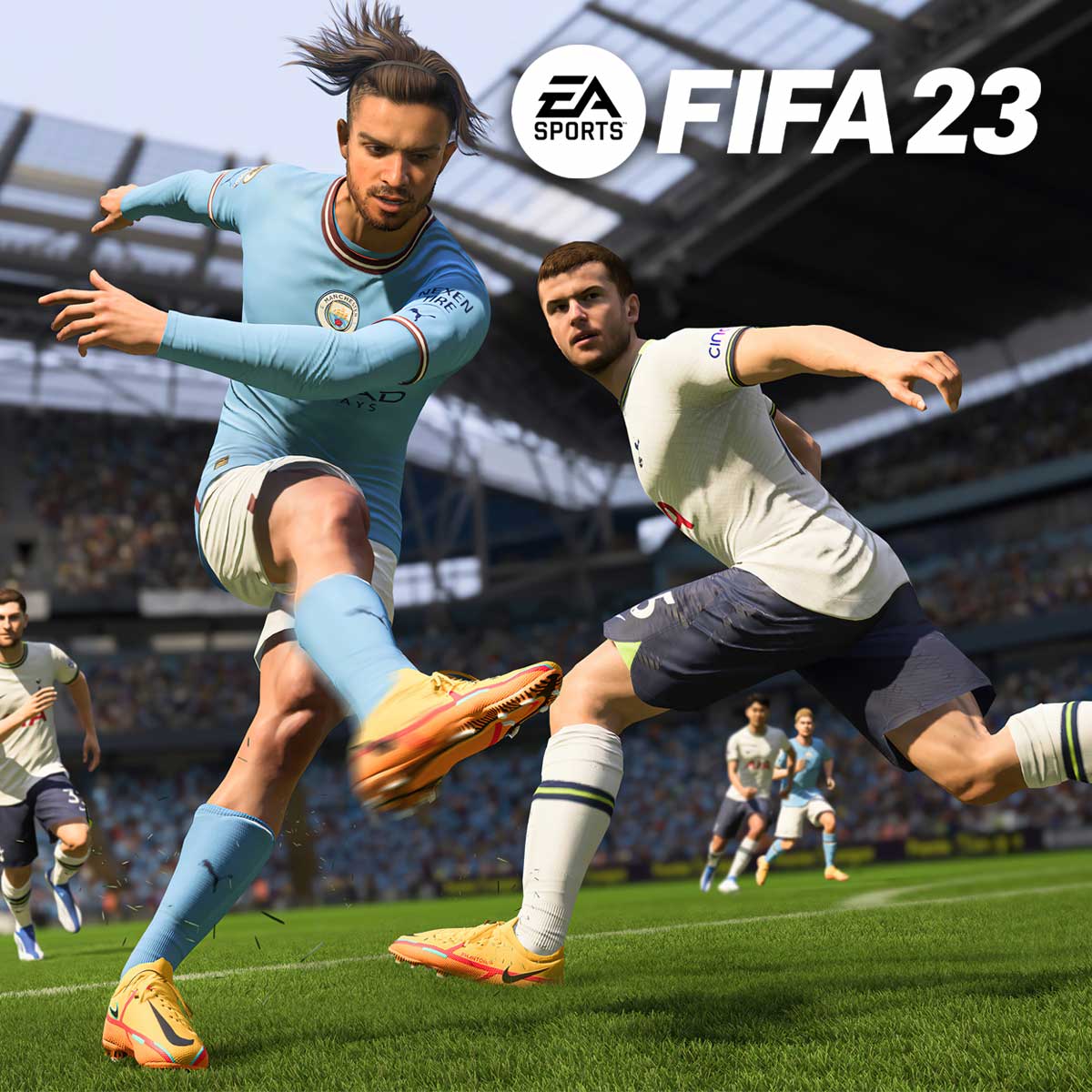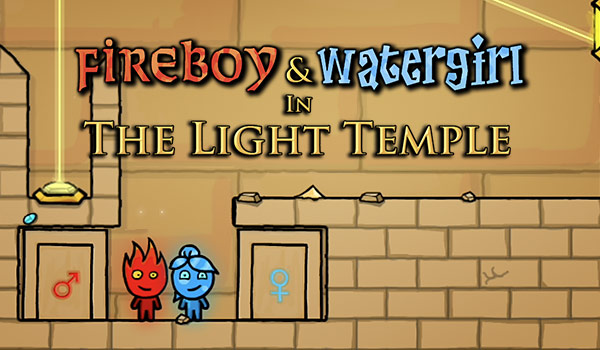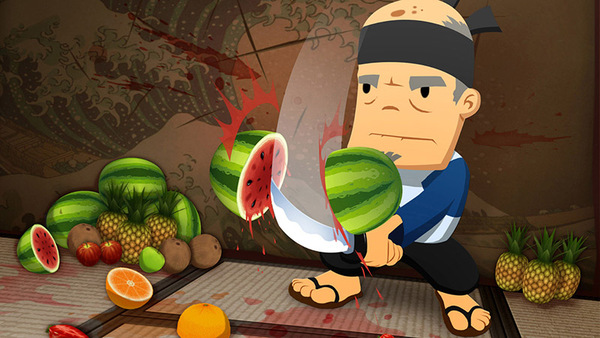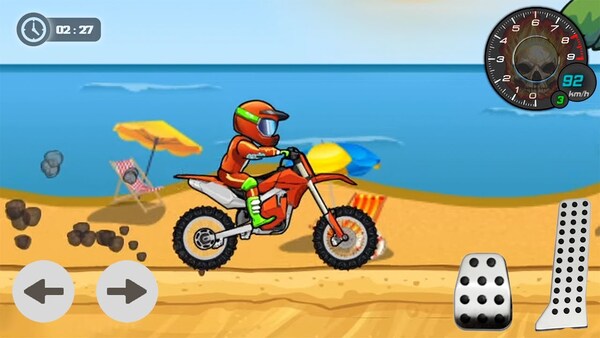Valorant – The Ultimate Expert Guide to Riot’s Tactical FPS Phenomenon
Valorant, Riot Games’ tactical hero shooter launched in June 2020, blends tight Counter‑Strike style gunplay with Overwatch‑inspired abilities. Built on Unreal Engine 4 and now moving to Unreal Engine 5, it has become a global esports juggernaut thanks to deep gameplay, rich lore, constant updates, and competitive prestige.
1. Origins & Valorant lore first light timeline
Valorant began as “Project A” within Riot around 2014, officially launching in June 2020 on PC and ported to PS5/Xbox Series X/S in June 2024—though without crossplay.
The First Light event lore
A global blackout known as “First Light” reveals radianite—granting some individuals agent powers. The ensuing split between Alpha and Omega Earth forms the basis of Valorant’s lore, including the spike-planting narrative rooted in radianite harvesting.
2. Gameplay foundations & Valorant gunplay tactical mechanics
Valorant is a 5v5 tactical hero shooter where economy, ability usage, positioning, and precise aim are essential.
-
Buy phase and economy mirror CS models, with money based on kills, objectives, and round outcomes.
-
Agent abilities add strategic layers: each agent has signature and ultimate abilities that shape tactics.
-
Gunplay features controllable spray patterns and movement penalties for accuracy realism.
-
Valorant agents evolving roster & diversity
3. Starting with just five agents, current roster stands at 26 as of February 2024, with new additions in Season 2025 including Tejo and teases of coming characters.
Role variety
Agents fill classic roles: Duelist, Initiator, Controller, Sentinel. New agent Tejo emphasizes map control over damage output.
4. Valorant map design & rotation structure
Valorant’s map pool is dynamic: maps rotate with each Act, offering strategic variety.
-
Classic maps: Bind, Haven, Ascent, Icebox, Breeze.
-
New maps: 2025 sees Corrode added—a new design focusing on creative combat flow.
-
Rotation cadence: Every Act brings a 2-for-2 swap, keeping gameplay fresh.
5. Season updates & Valorant Season 2025 changes
Season 2025 focuses on refinement: engine upgrade (UE5), agent rebalances, ranked updates.
UE5 shift
Patch 11.01 was canceled on July 14 to accommodate Unreal Engine 5 upgrade, delivering richer visuals and performance.
Competitive balance
Ongoing adjustments for agents like ISO, Neon, Deadlock, and Harbor aim to improve strategic equilibrium.
6. Valorant esports history & global dominance
From Ignition tournaments in 2020 to global VCT, Valorant’s esports footprint is massive.
Masters & Champions
Masters events like 2024 Shanghai (Gen.G champs) and 2025 Bangkok saw top-tier competition with large viewership.
2025 Esports World Cup
In July 2025, Valorant debuted in the Esports World Cup in Riyadh, won by Team Heretics over Fnatic.
7. Anti‑Cheat Vanguard & Valorant Vanguard security
Valorant uses Riot Vanguard, a kernel‑level anti‑cheat that’s been praised for severely reducing cheats like aimbots and wallhacks.
Security impact
Vanguard’s intrusion sparked debate, but it set new standards in cheat prevention—no Linux support due to risk.
8. Community ecosystem & Valorant patch cadence
Valorant runs a biweekly patch cadence, with ~22–24 patches per Season/Act.
-
Community content includes custom matches, guides, HUD tweaks, and workshop tools on PC.
-
Developer transparency via dev diaries and patch notes, especially for maps and Agents .
9. Future outlook & Valorant future potential
The UE5 upgrade promises a visual leap. With two agents still planned in 2025 and competitive systems evolving (e.g., map, agent, rank shields), Riot shows long-term investment.
Emerging challenges include AI-driven cheats and balancing of new radianite lore elements.
Roadmap highlights
-
UE5 rollout (Patch 11.02 expected July 29, 2025)
-
Agent additions and balance shifts continuing Act-to-Act
-
Continued esports integration across global events
Conclusion
Valorant stands as a paragon within tactical shooters—melding precise gunplay, hero-like abilities, active updates, rich lore, and esport prestige. While it demands dedicated skill and wrestles with anti-cheat complexity, its continual growth engine, community engagement, and global tournaments affirm it as Riot’s most enduring FPS triumph. For players seeking skill-driven depth, strategic diversity, and a living competitive scene, Valorant offers unmatched value—and a future built to last.
































